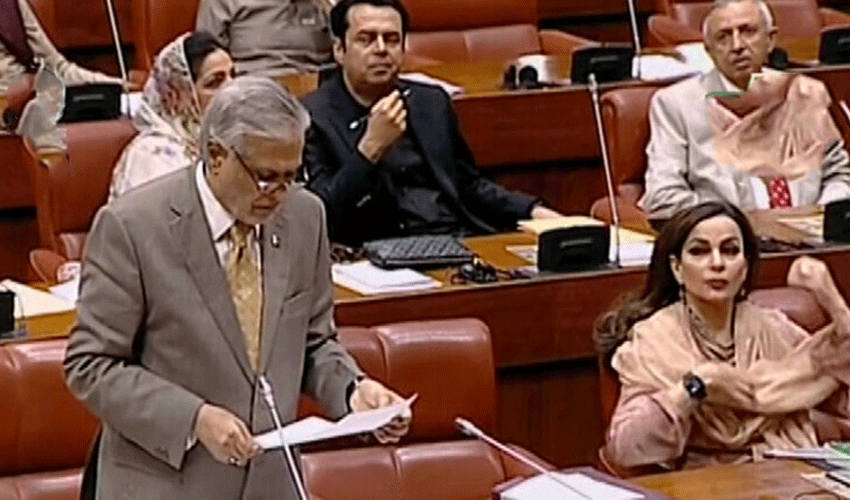Former US President Donald Trump has been found liable for damages in a legal battle with British singer-songwriter Eddy Grant over the unauthorized use of Grant’s 1983 hit, "Electric Avenue," in a 2020 campaign video.
The ruling, handed down by a federal judge in Manhattan, underscores the importance of intellectual property rights and the enforcement of copyright laws.
The legal dispute began in August 2020, when Grant’s attorney, Wallace E.J. Collins, issued a cease and desist letter to Trump’s campaign team, demanding that the song be removed from the video.
Despite the notice, Trump’s campaign continued using a 40-second clip of "Electric Avenue," which garnered 13.7 million views before Twitter, now known as X, took it down.
Judge John G. Koeltl's decision rejected Trump’s defense that the video fell under copyright's fair use doctrine, which allows limited use of copyrighted material under certain circumstances.
The ruling finds Trump’s campaign in breach of Grant’s copyright, and mandates that Trump pay damages and cover the singer’s legal fees.
Brian D. Caplan, Grant’s attorney, expressed satisfaction with the court’s decision, stating, “As a staunch believer in artist’s rights and the ability to control their creative output, Mr. Grant believes that the decision will help others in their fight against the unauthorized use of sound recordings and musical compositions. Politicians are not above the law, and the court reaffirmed that.”
The case highlights ongoing controversies involving Trump’s use of music at his rallies. Earlier this month, a US judge ordered Trump’s campaign to cease using the song "Hold On, I’m Coming" following a lawsuit from the family of its co-writer, Isaac Hayes.
Numerous other artists, including Abba, Foo Fighters, Celine Dion, and Johnny Marr, have voiced objections to the use of their music at Trump events.
"Electric Avenue," named after a street in south London’s Brixton, was inspired by the 1981 Brixton riots and became a major hit, reaching number two on both the UK and US charts. It remains a significant piece of musical and cultural history, reflecting social issues of its time.



























